"Hungary needs to be sharp, fast, smart, open to the world and constantly thinking, to not miss the right moment to take the necessary decisions,"
the prime minister said at the Eurasia Forum organized in Budapest by the National Bank of Hungary, the central bank of Hungary.
Timing is crucial in politics,
he said, explaining that a government can collect all the knowledge in the world, but politics is not a realm of knowledge, it is a realm of application, and the essence of application is pace.
You not only have to apply the right moves, you have to apply them at the right time, and the smaller the country, the more true that is. In the case of a country the size of Hungary, getting the timing wrong is fatal.
The prime minister said that looking at the history of Hungary over the past 150 years, the problem of missing the right moment and confusing the appropriate timing is often evident. Mr Orban concluded that a country the size of Hungary cannot afford to be stupid, slow, unexciting, and a follower, and cannot rely on the understanding and interpretations of others.
For a country of Hungary's size, if it wants to live at the level we aspire to live, if it wants to live up to the historical traditions of our thousand-year history, it has to be sharp, fast, smart, open to the world, and constantly thinking, to not miss the right moment to make the necessary decisions,
he stressed.
Responding to the opening speech by the governor of the National Bank of Hungary, PM Orban said that it was Gyorgy Matolcsy who, after the momentous change of government in 2010 when a patriotic government was formed in Hungary, laid the foundations for Hungary's modern economic policy and later implemented an active central bank strategy.
The central bank can help the government by using its international contacts and the traditionally in Hungary always high level intellectual capacity of the central bank, to provide the government with new approaches and ideas, and to draw attention to emerging new phenomena with sufficiently in-depth analysis, and also to help in the formulation of economic strategy,
the PM said.
Why does a country of ten million people have to deal with such issues?
Viktor Orban posed the question, adding that there also exists a tradition in Hungarian politics according to which it is better to keep quiet, to not deal with these big issues, and that even if we have an opinion, we should remain silent and that running along the sidelines we'll somehow get through the big changes in the world.
"This has been a successful survival strategy for a long time in Hungary, but what is happening now, makes this strategy of keeping at a distance from big ideas no longer possible,"
he said, adding
He had started working on the idea of Eurasia back in 2009.
He spoke of him personally experiencing this:
The financial crisis of 2008-2009 broke out, and I had adhered for a long time to the Hungarian tradition which believed that if something goes wrong in the Western European economy, say a financial crisis, which we know was not global, but rather a European financial crisis or a Western financial crisis, that we have a European, Western financial, economic system - including perhaps the political system - which has a well-developed and tested mechanism of self-correction.
He added that:
There are cycles when things go wrong, but the Western political and economic system has the capacity to eradicate these mistakes through self-correction. We can continue to believe in what we have, and that this Western world is capable of self-renewal, so let us stay on the path that Hungarian political thinking has been following so far, and that the technologies and modernization that are more advanced than ours are always to the West, and that we must focus on that and with some mutations implement them in Hungary.
Mr Orban stressed that the entire great regime change in Hungary after communism was essentially dominated by the idea that it is worth looking to the West not only because people live better there, but also because they are more efficient, and because a self-correcting political and economic system was discovered in the West sometime in the 17th century, and created in the West, which guarantees our security and strategic security in the long term. At the time, the conclusion of all the discussions was that it was a crisis of normal cyclical capitalism and that the self-correcting mechanisms would work, although it was by then quite obvious that it was something else entirely. The crisis was triggered by something else and the course and aftermath of that crisis were determined by something else, although there may have been some element of a cyclical crisis, but in fact, according to the prime minister, the crisis was the logical consequence of the profound transformation that is taking place in the whole world economy, which is radically reshaping the geopolitical balance of power and raising up new centers of power in the world, especially in Asia. These are creating a new situation in which modernity is no longer exclusively a Western category.
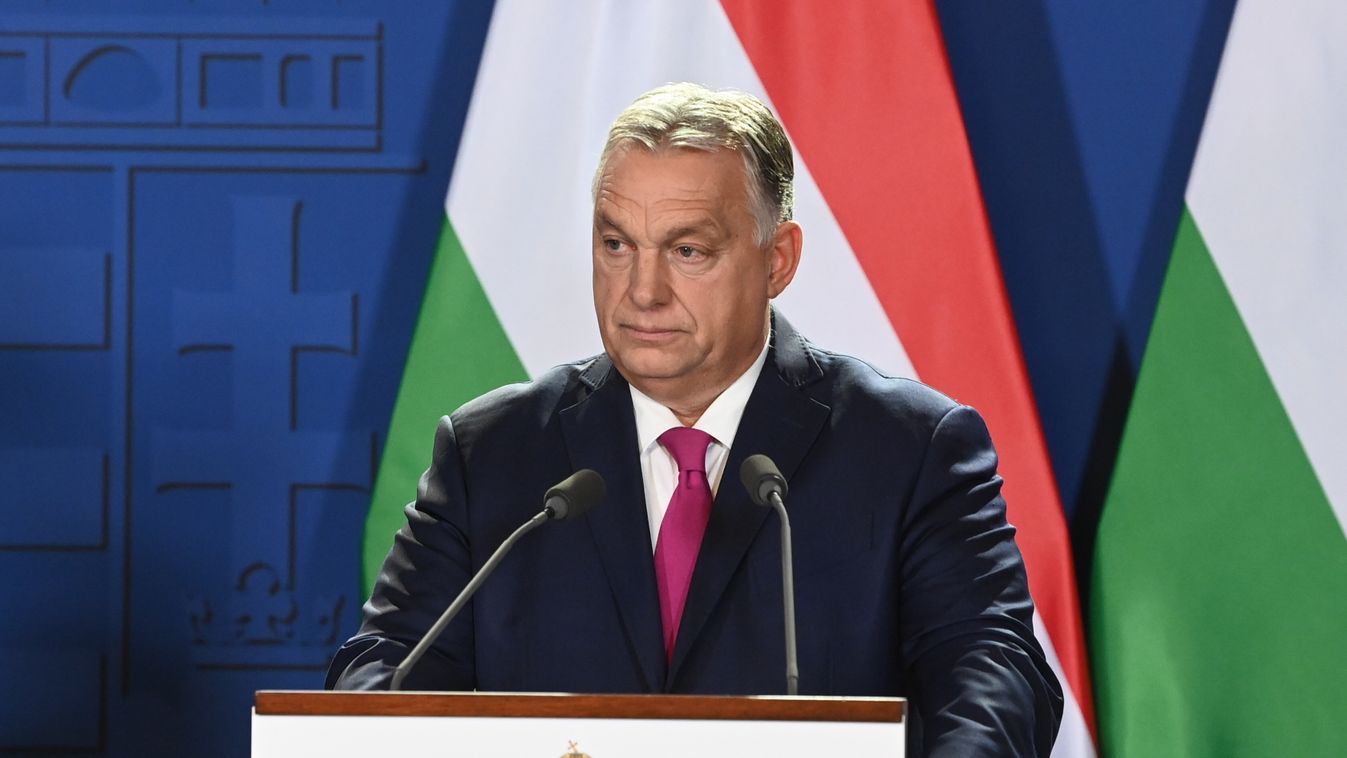
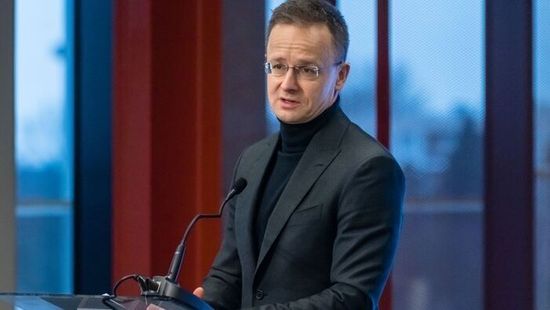
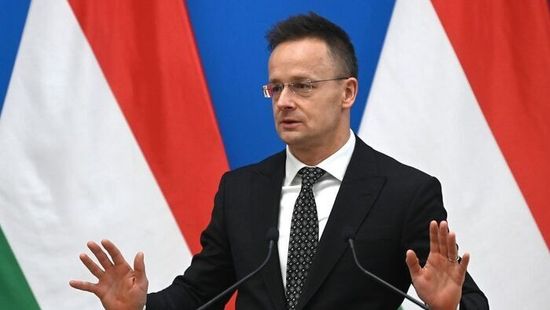
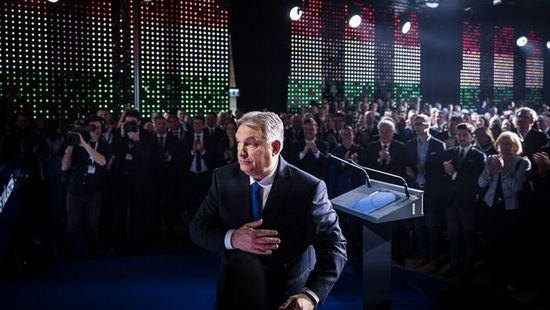



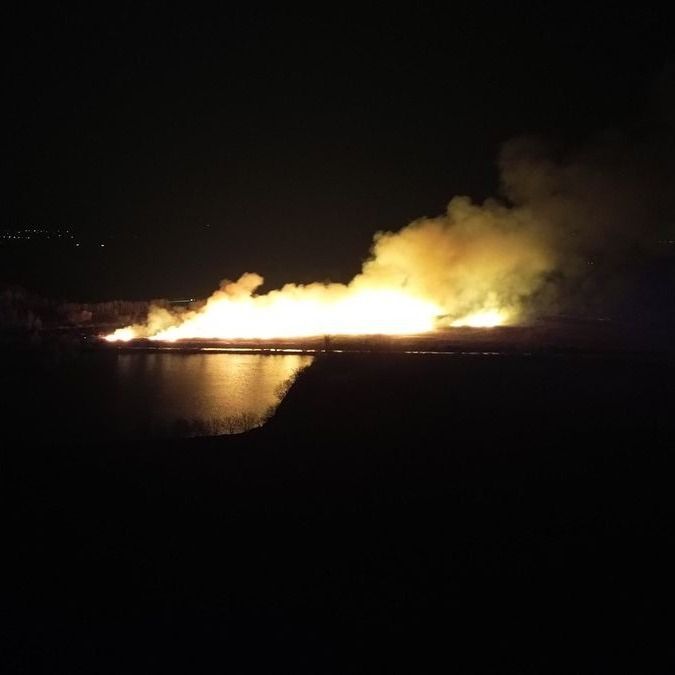

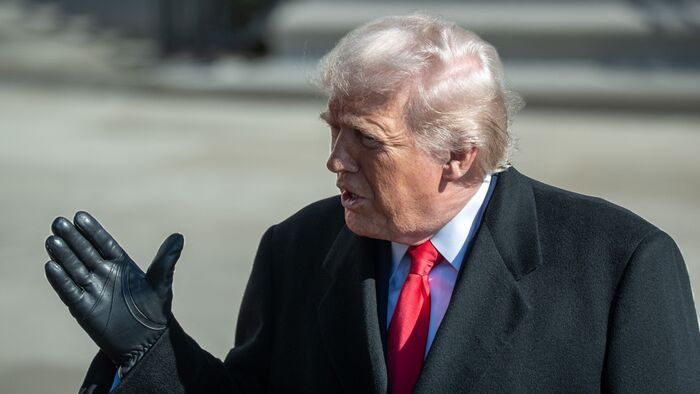

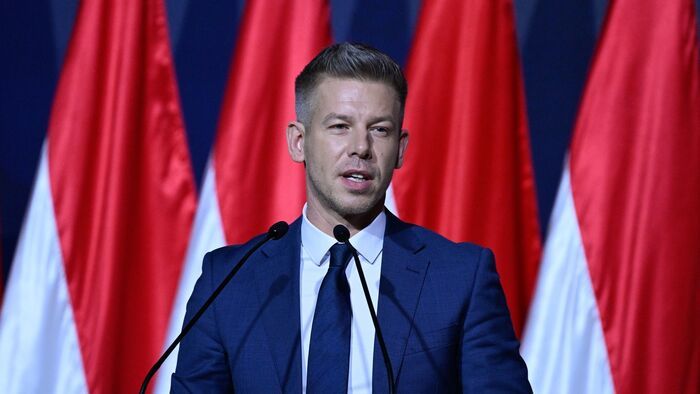


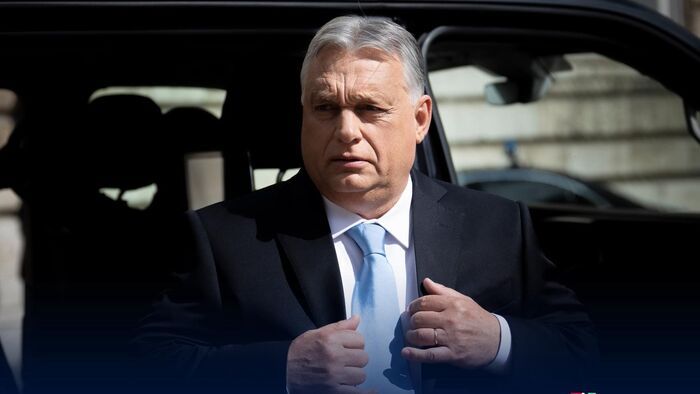
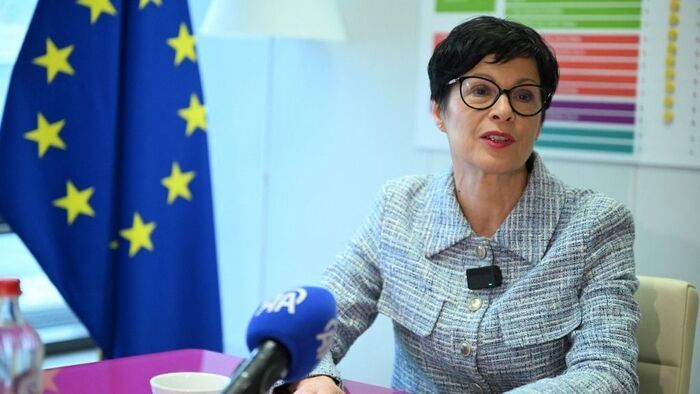
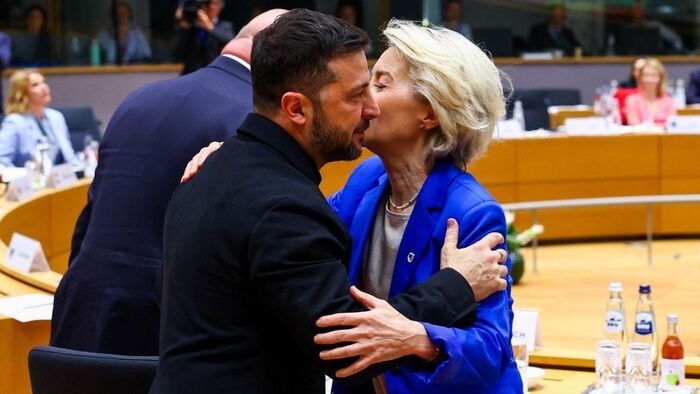
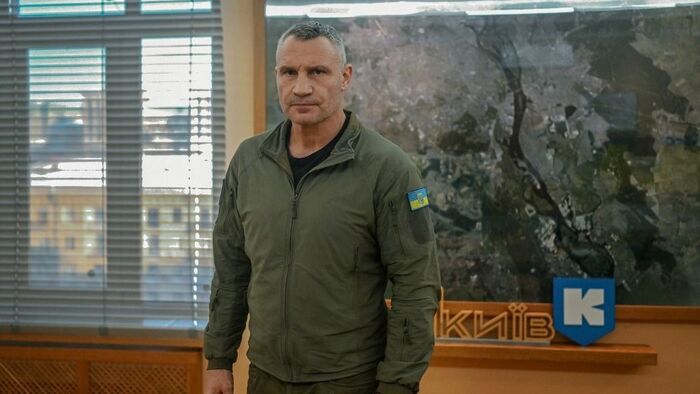


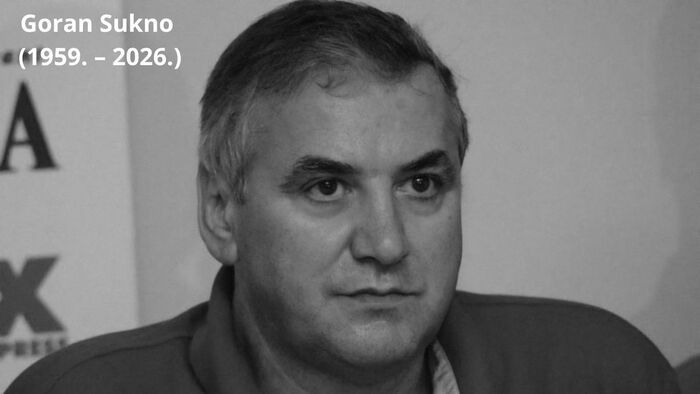


Szóljon hozzá!
Jelenleg csak a hozzászólások egy kis részét látja. Hozzászóláshoz és a további kommentek megtekintéséhez lépjen be, vagy regisztráljon!